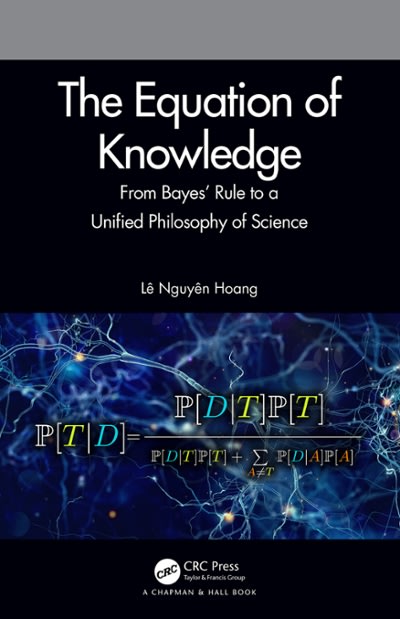Question
Moaz is studying how different stimuli activate two regions of the brain: the amygdala and the prefrontal cortex (PFC). Using single-cell recording, he monitored a
Moaz is studying how different stimuli activate two regions of the brain: the amygdala and the prefrontal cortex (PFC). Using single-cell recording, he monitored a total of 400 neurons, with 45.0% of recorded neurons being in the PFC. During recording, participants viewed either emotional stimuli (a sad video), logical stimuli (watching math problems being solved), or something neutral (reading an instruction manual). Moaz measured how neurons in both regions activated to these stimuli.
Moaz's results found that neutral stimuli activated 25 neurons in the amygdala and 45 neurons in the PFC. The probability of an amygdala neuron activating to logical stimuli is 0.300. The probability of any neuron activating to a logical stimulus is 0.400. Answer the questions below. Part III is out of 15 points. Round all work to 4 decimal places.
1. Provide the contingency table using either raw values or probability values (6 marks).
2. Please answer the following research questions for Moaz. Each subquestion is worth 1 marks (1 mark for each question for a total of 5 marks):
a. Is activity in the PFC independent from emotional stimuli?
b. Moaz recorded a neuron which activated to an emotional stimulus. What is the probability of it coming from the amygdala?
c. Let's say Moaz records 690 neurons with the same percent in divided into each brain regions as before, and he found the same pattern of activation. How many neurons can be expected to activate to logical stimuli?
d. How many neurons activate to logical stimuli, or are in the amygdala?
e. Five random neurons are monitored. What is the probability that at least one is a neuron within the PFC that activates to emotional stimuli?
Step by Step Solution
There are 3 Steps involved in it
Step: 1

Get Instant Access to Expert-Tailored Solutions
See step-by-step solutions with expert insights and AI powered tools for academic success
Step: 2

Step: 3

Ace Your Homework with AI
Get the answers you need in no time with our AI-driven, step-by-step assistance
Get Started


